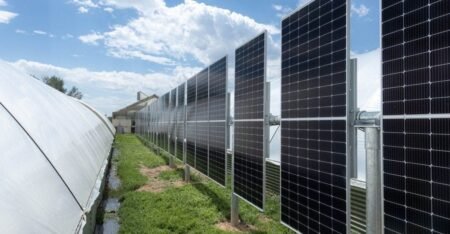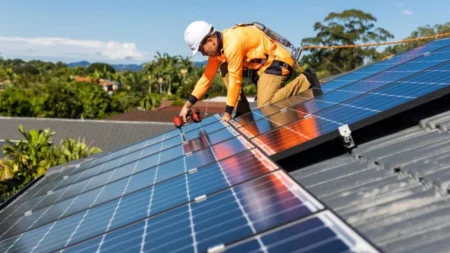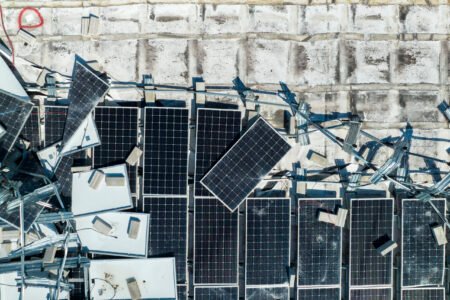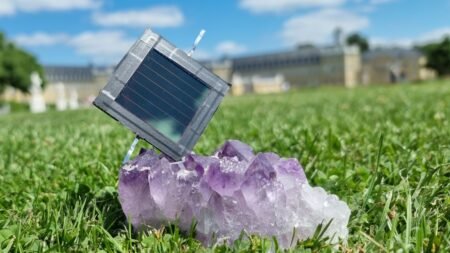ENN‘s modules are produced on a SunFab production line supplied by Applied Materials, Inc., and the line is China’s first production line for silicon thin film tandem junction PV modules with a surface of 5.7m².
According to ENN, this offers significant advantages: With this technology, layers of amorphous and microcrystalline silicon are applied to the glass substrate. The layer of amorphous silicon absorbs short-wave light, while the other layer absorbs long-wave light. So, the PV products are able to efficiently convert solar energy into electricity even in less than perfect weather conditions, such as low or diffused light and in hot climates.
Because the modules are cheaper to manufacture than standard crystalline modules, the energy payback time of ENN’s modules is “half of that for crystalline silicon modules” claims ENN. The company is mass producing its PV modules in order to reach 60 MW production capacity by the end of this year.
The SunFab line is making big news in the PV industry, offering very low production costs per Watt. As well as SunFab, ENN Solar has incorporated KUKA robots from Germany, glass substrates from Japan, and connector boxes from Switzerland into its manufacturing process.










